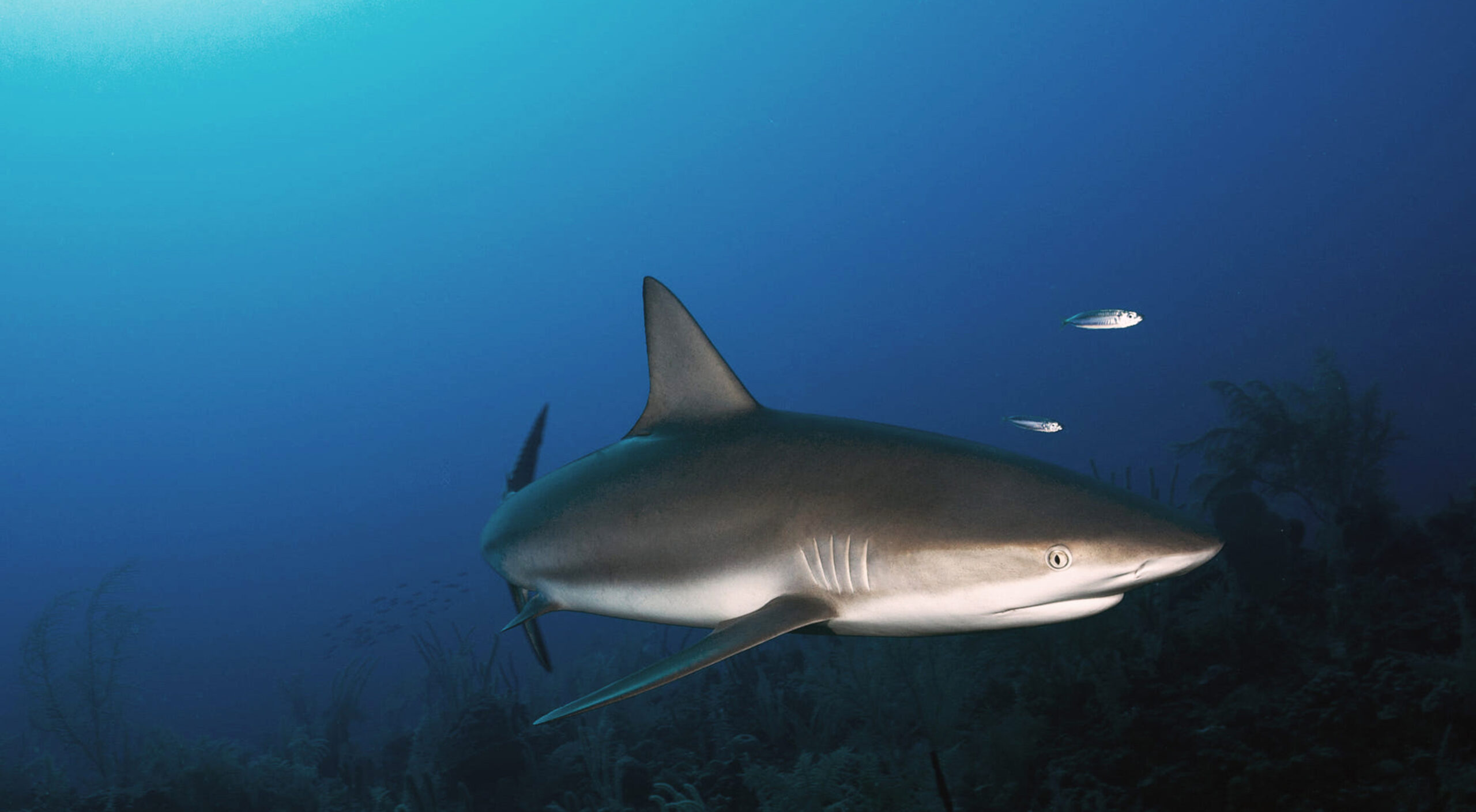THE WASHINGTON POST – A massive new survey of nearly 400 coral reefs around the world reveals sharks once common in those waters are vanishing, a troubling sign that the fearsome fish are at a much greater risk of going extinct than previously thought.
Populations of five common reef sharks have endured staggering declines of between 60 per cent to 73 per cent over the past half-century, a team of 150 researchers report in the journal Science on Thursday.
“It’s absolutely jaw-dropping,” said a marine biologist at Arizona State University, David Shiffman. “And it’s telling that if you look at all the reef sharks at all the reefs everywhere, you get a very similar pattern.”
The results add to fears about not only the loss of these apex predators, but also of the effects on fish down the food chain and coastal communities that depend on vibrant marine ecosystems for protein.
The ocean, simply put, isn’t as healthy without sharks.

“The situation is really frightening for us scientists working with sharks,” said Mario Espinoza, a marine biologist at the University of Costa Rica and a co-author on the paper.
The culprit behind the declines, the researchers say, is rampant overfishing.
In much of Asia, shark fin soup is a dish served at big celebrations, with fishers in some waters chopping fins off of sharks and dumping the rest of the body overboard. The United States banned the sale of shark fins last year but the appendage still fetches a high price in markets abroad. In other areas, fishing fleets inadvertently suppress sharks by targeting their prey.
When he started surveying, Colin Simpfendorfer, a shark scientist at James Cook University in Australia, wasn’t expecting to see such severe declines, but the final measurements were sobering.
“All of them have declined to levels that we hadn’t actually expected them to decline to,” said Simpfendorfer, who led the research.
‘A HERCULEAN EFFORT’ TO FIND SHARKS
To conduct the shark census, researchers working worldwide – from reefs in the Indian Ocean off East Africa to Australia’s Great Barrier Reef to clusters of coral in the Caribbean – dropped GoPro cameras underwater alongside bags of bait.
Then they waited, recording more than 20,000 hours of footage. An army of volunteers spent more hours poring over the video to tally the sharks that showed up for a snack. They focused on five key species: the Caribbean reef shark, nurse shark, grey reef shark, blacktip reef shark and whitetip reef shark.
“It’s a herculean effort to look at that much video,” Simpfendorfer said. “To repeat the study now, we would probably look to use a lot more AI.” Much of the funding for that massive search for sharks came from the family foundation of Microsoft co-founder and ocean enthusiast, Paul G Allen.
The declines, which were calculated using models of what healthy reefs should look like, were at their starkest in less wealthy nations with lax regulations. Many more sharks teemed in the waters off richer countries and in designed protected areas.
In places without many sharks, species of rays boomed, taking over the role of top predator. But rays are no real replacement for sharks. Without their top predator, ocean food webs unravel. The carnivore fosters biodiversity in coral reefs by feeding on prey populations numerous in size, giving other fish a chance to thrive.
All told, a third of all sharks, rays and related species are at risk of going extinct, researchers have previously warned.
WHERE ARE SHARKS DOING BETTER?
Among the better managed areas are waters off the coast of Costa Rica, which is working with Ecuador, Colombia and Panama. The four countries are vying to expand and connect marine protected areas in the Pacific and facilitate the migration of sharks, whales and sea turtles between ecologically rich areas such as Costa Rica’s Cocos Island and Ecuador’s famed Galápagos.
“We need to start improving the work that we do with local governments,” Espinoza said.
Off Jamaica’s coast, by contrast, sharks are faring worse as local fishermen catch the grouper and snapper upon which sharks prey.
One of the biggest hurdles to protecting sharks in Jamaica and elsewhere is their reputation. Every report of a shark biting a human, though such events are rare, stokes fears among the public that makes it harder to enact policies to protect them.
“It’s very difficult for conservation initiatives of sharks to be welcomed, to be embraced, to actually be implemented,” said Dayne Buddo, director of global ocean policy at the Georgia Aquarium, who did much of the survey work around Jamaica. “They see sharks as vicious creatures.”
One encouraging finding: Many reefs bereft of sharks are close to other reefs filled with them. By reducing overfishing, those healthy populations could recolonise the shark-depleted waters.
“What that says is, to me, it’s not too late,” Shiffman said.



















































